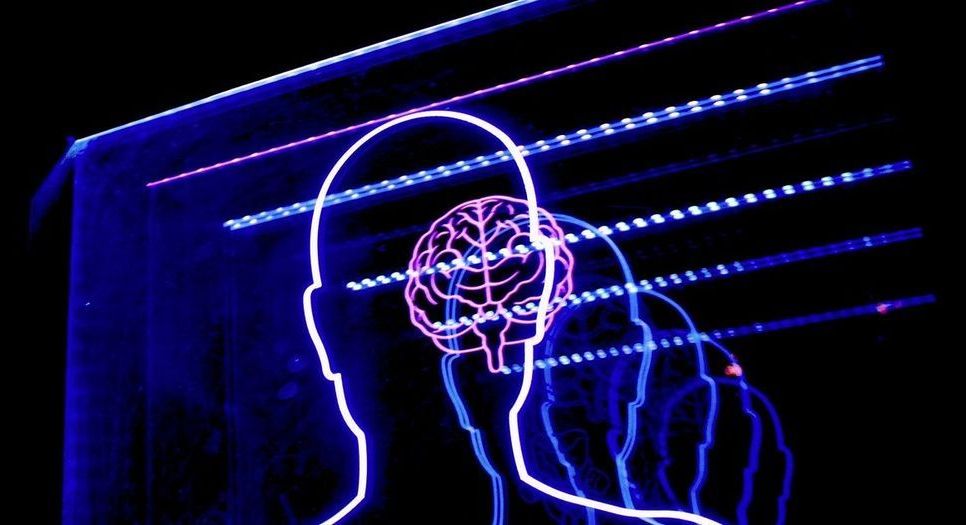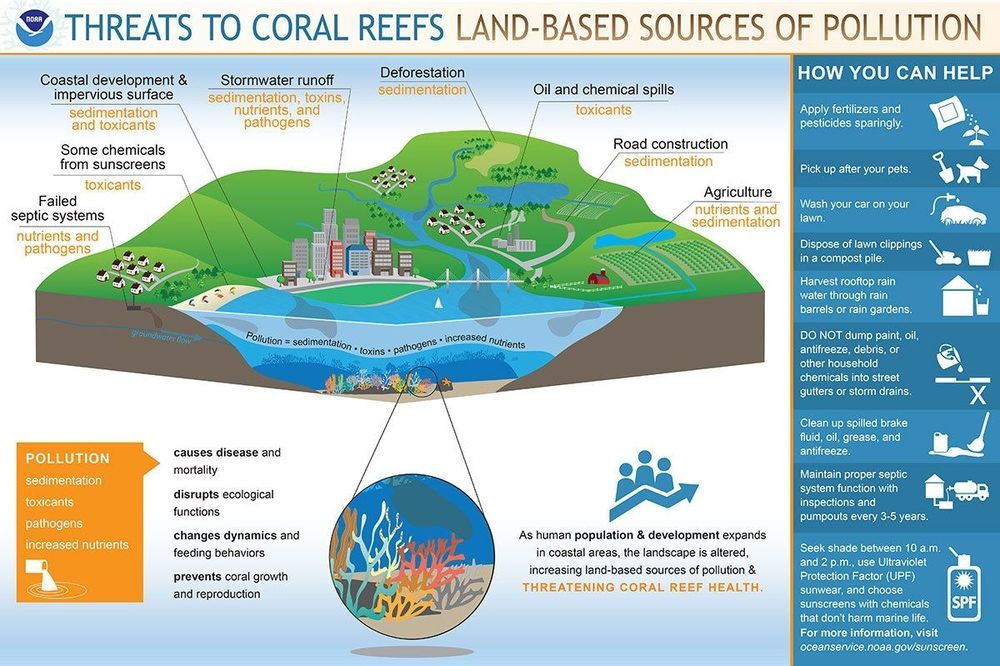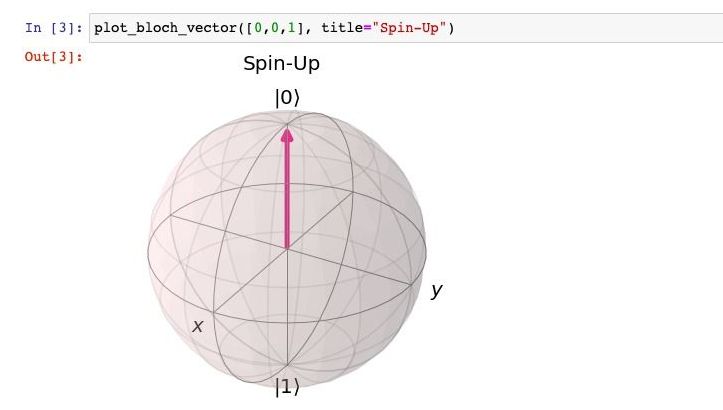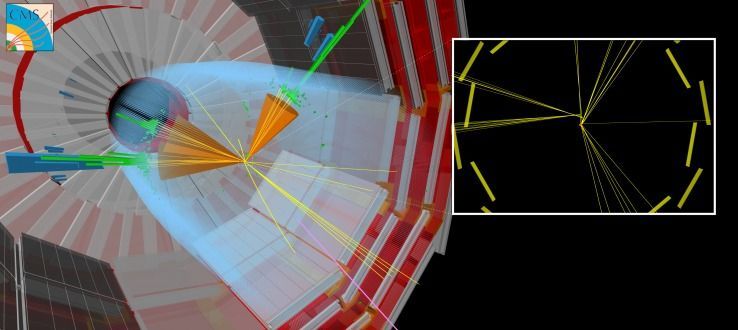Page 7664
Apr 13, 2020
WHO Says 70 Vaccines in the Works, With Three Leading Candidates
Posted by Genevieve Klien in category: biotech/medical
There are 70 coronavirus vaccines in development globally, with three candidates already being tested in human trials, according to the World Health Organization, as drugmakers race to find a cure for the deadly pathogen.
Apr 13, 2020
From The Hospital To The Lab, Black Scientists Are Fighting COVID-19
Posted by Genevieve Klien in category: biotech/medical
Here are three Black scientists and doctors making a difference during the COVID-19 pandemic.
Most of us have heard that coral reefs around the world are dying, largely because of warmer ocean temperatures and the increased acidity of seawater, but few people realize why that is important to humans. Who really cares if the Great Barrier Reef off the coast of Australia is nearly lifeless? So a few rich scuba divers won’t get to see it. Boo-hoo. Actually, it’s a little more complicated than that.
Apr 13, 2020
Join our Cloud HD Video Meeting now
Posted by Kelvin Dafiaghor in categories: business, education
KELVIN OGBA DAFIAGHOR is inviting you to a scheduled Zoom meeting.
Topic: COVID 19, China cover up, conspiracy theories, was the C.I.A complicent? should China be punished? Lessons learnt. OIN NOW Time: Apr 16, 2020 06:00 PM West Central Africa.
Join Zoom Meeting https://us04web.zoom.us/j/79182052546
Apr 13, 2020
New Dialysis-Style Treatment ‘Washes’ Blood of Cancer Cells
Posted by Quinn Sena in category: biotech/medical

Circa 2015
A “dialysis for cancer,” which cleanses blood of cancer, has been developed by a team of scientists from Australia.
Apr 13, 2020
Programming a Quantum Computer
Posted by Quinn Sena in categories: quantum physics, robotics/AI
It is a common misconception that quantum computers are not yet ready for applications and the technology still has many years before becoming useful. In this article we will take a look at some of the basic principles of programming a quantum computer and address this misconception. We will look at free, open-source software such as QISKit from IBM, as well as the Quantum Machine Learning software PennyLane. We will also explain how you can run your programs on actual quantum computers in the cloud at IBM. In a follow-up article we will talk about some applications in machine learning that are ready for use currently to anyone with a bit of curiosity.
Apr 13, 2020
Slow-slip earthquake studies reveal effect of undersea volcanoes
Posted by Fyodor Rouge in category: futurism
Finally new data.
Rocks from beneath the sea floor and even ancient under-sea volcanoes are providing fresh clues about what could trigger and even muffle potentially large earthquakes.
Apr 13, 2020
Snowden warns: The surveillance states we’re creating now will outlast the coronavirus
Posted by Maico Rivero in categories: biotech/medical, surveillance
Governments around the world are using high-tech surveillance measures to combat the coronavirus outbreak. But are they worth it?
Edward Snowden doesn’t think so.
The former CIA contractor, whose leaks exposed the scale of spying programs in the US, warns that once this tech is taken out of the box, it will be hard to put it back.
Apr 13, 2020
Using artificial intelligence to search for new exotic particles
Posted by Saúl Morales Rodriguéz in categories: entertainment, information science, mathematics, particle physics, robotics/AI, transportation
Nowadays, artificial neural networks have an impact on many areas of our day-to-day lives. They are used for a wide variety of complex tasks, such as driving cars, performing speech recognition (for example, Siri, Cortana, Alexa), suggesting shopping items and trends, or improving visual effects in movies (e.g., animated characters such as Thanos from the movie Infinity War by Marvel).
Traditionally, algorithms are handcrafted to solve complex tasks. This requires experts to spend a significant amount of time to identify the optimal strategies for various situations. Artificial neural networks — inspired by interconnected neurons in the brain — can automatically learn from data a close-to-optimal solution for the given objective. Often, the automated learning or “training” required to obtain these solutions is “supervised” through the use of supplementary information provided by an expert. Other approaches are “unsupervised” and can identify patterns in the data. The mathematical theory behind artificial neural networks has evolved over several decades, yet only recently have we developed our understanding of how to train them efficiently. The required calculations are very similar to those performed by standard video graphics cards (that contain a graphics processing unit or GPU) when rendering three-dimensional scenes in video games.

















